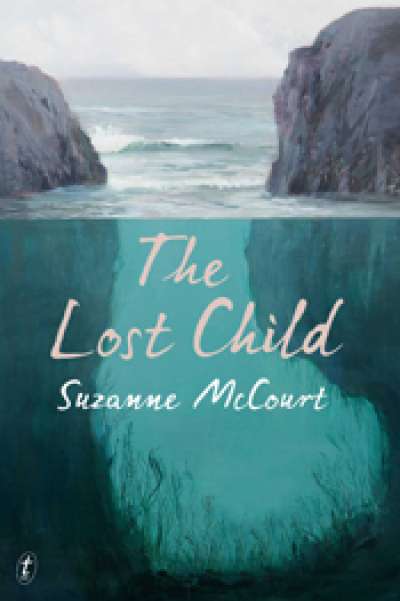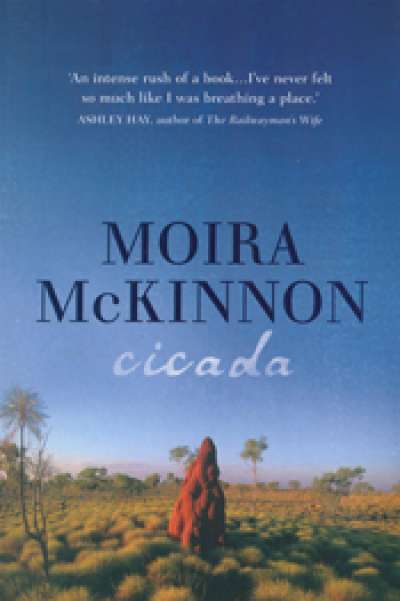Australian Fiction
On the back of John Marsden’s new novel there is this warning: ‘This book is not a fantasy. It contains no superheroes, wizards, dragons, time-travel, aliens or magic.’ If it had also said, ‘and it is not part of a series’, I would have cheered even louder. At least I hope The Year My Life Broke (Pan Macmillan, $12.99 pb, 171 pp, 9781742613352) is a stand-alone and won’t rapidly be followed by The Year My Something-Else Broke. In junior fiction, the possibilities for sequels are endless.
... (read more)








